Crown of Stars, the seventh and final installment in Kate Elliott's epic fantasy series, delivers a powerful conclusion to a saga that has captivated readers with its intricate world-building, complex characters, and profound themes. Set in an alternate Europe ravaged by conflict, this book encapsulates the struggles for power, identity, and survival in a world where magic and politics intertwine in dangerous ways.
The narrative picks up in the aftermath of a cataclysm that has reshaped the lands and the lives of its inhabitants. Sanglant, now a ruler striving to legitimize his reign, faces the dual challenge of establishing his authority while defending his beloved Liath’s status as his consort. This struggle is not merely political; it is deeply personal, reflecting the broader theme of identity and legitimacy that runs throughout the series. Sanglant’s journey is emblematic of the classic hero’s arc, yet it is nuanced by the realities of leadership and the burdens that come with it.
Liath, a character who has evolved significantly over the course of the series, finds herself on a quest for forbidden magics. Her journey is fraught with peril as she confronts enemies both old and new. Elliott masterfully explores the theme of power and its consequences through Liath’s character, showcasing her resilience and determination. The tension between her desire for knowledge and the dangers it brings is a poignant reflection of the broader conflicts in the narrative.
As the plot unfolds, the stakes escalate with the introduction of formidable antagonists. Stronghand’s march of conquest poses a direct threat to Sanglant’s realm, while Adelheid’s unholy alliance with the treacherous Antonia adds layers of intrigue and betrayal. The galla, deadly creatures at Antonia’s command, symbolize the dark forces that threaten to engulf the world. Elliott’s ability to create multi-dimensional villains enhances the narrative, making the conflicts feel urgent and personal.
Character development is a hallmark of Elliott’s writing, and in Crown of Stars, she excels in bringing her characters to their breaking points. Alain’s struggle against the Lady of Battles is particularly compelling, as it encapsulates the theme of redemption and sacrifice. His journey is not just about physical battles but also about confronting his own demons and the moral complexities of war. This internal conflict resonates deeply, inviting readers to reflect on their own values and choices in times of crisis.
Thematically, the book delves into the nature of loyalty and betrayal. As alliances shift and characters are forced to make difficult choices, the narrative raises questions about the cost of loyalty and the fragility of trust. This is particularly evident in the relationships between characters like Sabella and Duke Conrad, who are driven by ambition and a desire for power, showcasing the darker side of human nature.
Elliott’s world-building is as rich and immersive as ever. The alternate Europe she has crafted is filled with political intrigue, cultural depth, and a sense of history that adds weight to the characters’ struggles. The landscapes, from war-torn cities to mystical realms, serve as a backdrop that enhances the emotional stakes of the story. Elliott’s attention to detail allows readers to fully immerse themselves in this complex world, making the conflicts feel all the more immediate and impactful.
In terms of pacing, Crown of Stars strikes a balance between action and introspection. The narrative is punctuated by intense battles and strategic maneuvers, yet it also allows for moments of reflection that deepen character development. This duality keeps readers engaged, as they are drawn into the high-stakes drama while also contemplating the philosophical questions raised by the characters’ journeys.
Comparatively, Elliott’s work can be likened to that of authors such as George R.R. Martin and Robin Hobb, who also explore themes of power, identity, and the moral complexities of leadership. However, Elliott’s unique voice and focus on female characters set her apart, offering a fresh perspective in the epic fantasy genre. Her ability to weave intricate plots with rich character arcs makes Crown of Stars a standout conclusion to a beloved series.
Ultimately, Crown of Stars is a fitting finale that encapsulates the essence of the series. It challenges readers to consider the nature of power, the importance of identity, and the sacrifices required for the greater good. As the characters confront their destinies, readers are left with a sense of closure, yet also an awareness of the complexities of the world they inhabit.
In conclusion, Kate Elliott’s Crown of Stars is a masterful blend of epic fantasy, character-driven storytelling, and profound thematic exploration. It is a book that will resonate with readers long after they turn the final page, inviting them to reflect on the enduring struggles for power, love, and redemption in a world fraught with conflict. For those who have followed Sanglant and Liath’s journey, this book is not just a conclusion; it is a celebration of their growth and the enduring spirit of humanity.
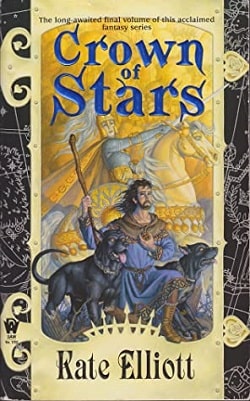




![[VS]](/upload/pic/manga/-vs-.jpg)
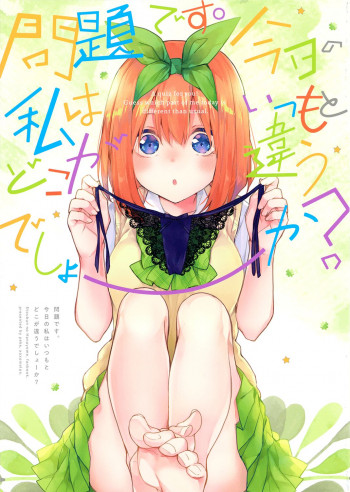

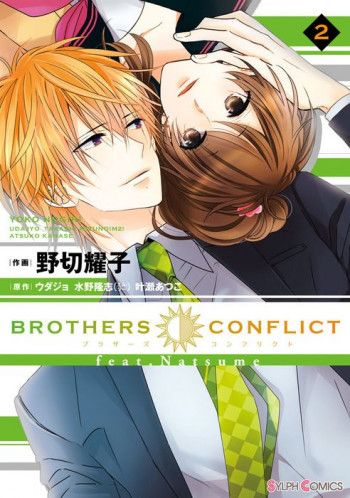
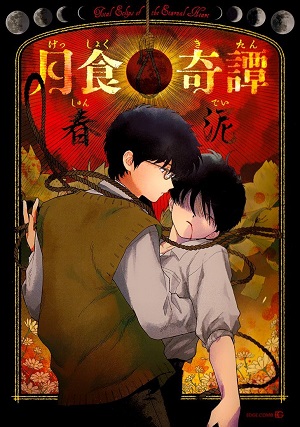
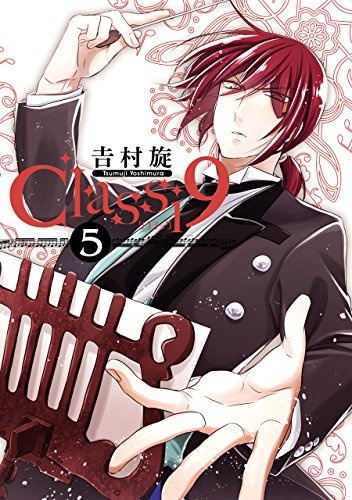


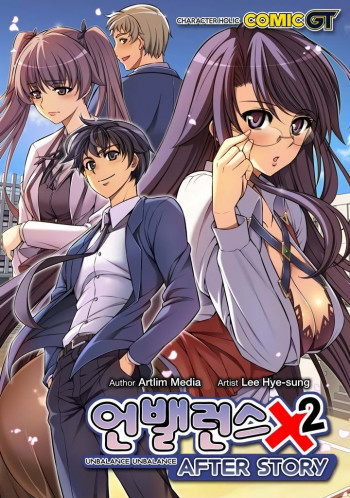










Reviews 0
Post a Reviews: